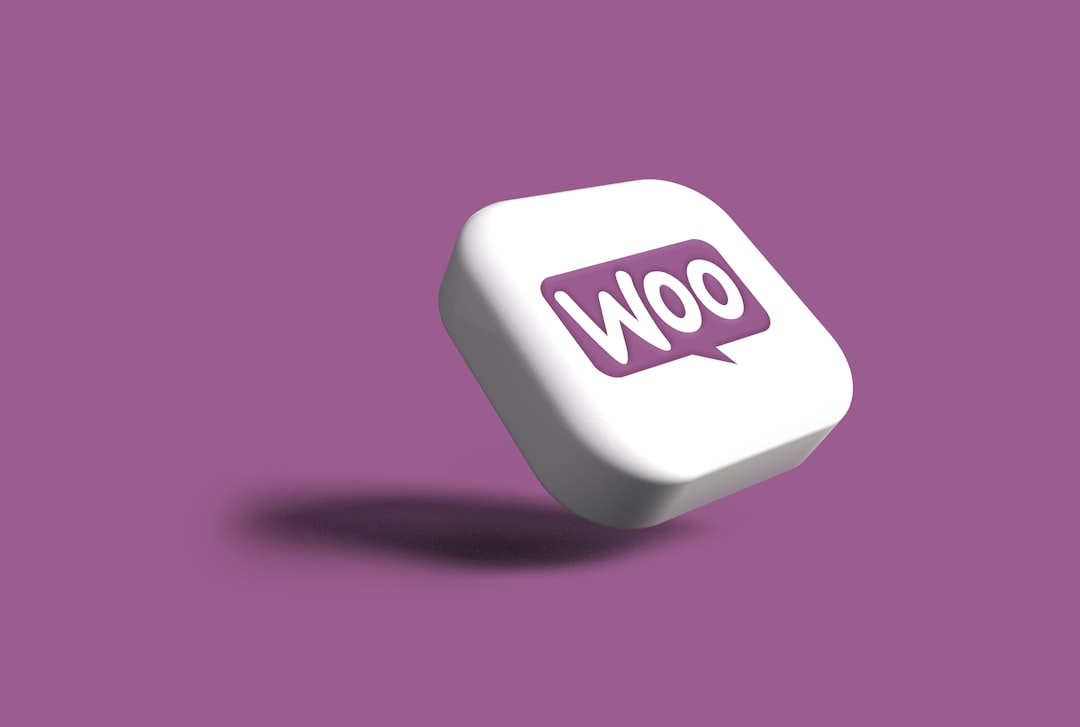Choosing the right eCommerce platform for your online store can be a game-changer. With so many options available, it’s easy to get lost in the details. Among the most popular choices are WooCommerce, Shopify, and BigCommerce. Each platform offers a unique set of features, pros, and cons. Whether you’re a first-time entrepreneur or an experienced merchant, understanding how these platforms compare will help you make a more informed decision.
Platform Overview
WooCommerce
WooCommerce is a free, open-source eCommerce plugin for WordPress. It transforms your existing WordPress site into a fully functional online store. The flexibility and customization options make it a top choice for developers and users with some technical know-how.
Shopify
Shopify is a fully hosted eCommerce platform designed to be easy for anyone to use. It handles everything from hosting and security to marketing tools and templates. Shopify is ideal for those who prefer a “set it and forget it” type of solution.
BigCommerce
BigCommerce is another fully hosted platform, similar to Shopify, but with a slightly different feature set. It’s geared toward growing businesses that need scalability and powerful built-in tools out of the box.

Ease of Use
- WooCommerce: Best suited for users who are already familiar with WordPress. While it offers incredible customization, the learning curve can be steep for someone new to the platform.
- Shopify: One of the easiest platforms to use. It offers a clean user interface, drag-and-drop functionality, and pre-configured settings for non-tech savvy users.
- BigCommerce: Also user-friendly but with more built-in features that may feel overwhelming at first. The dashboard is intuitive once you spend some time with it.
Customization and Flexibility
- WooCommerce: Offers maximum flexibility. Being open-source, you have total control over the code and design. Hundreds of themes and thousands of plugins are available to enhance your store’s functionality.
- Shopify: Customization is possible through its theme editor and app store. However, some advanced customizations may require knowledge of Shopify’s proprietary language, Liquid.
- BigCommerce: Provides robust out-of-the-box functionality and CMS features. It also allows for API access for more complex customization, although design changes can be more restrictive compared to WooCommerce.
Pricing
One of the most critical aspects of any platform is its cost. Here’s how they compare:
- WooCommerce: Free plugin, but keep in mind that you’ll need to pay for hosting, domain, SSL certificate, and potentially themes and extensions. Annual costs can vary significantly depending on your chosen features.
- Shopify: Pricing starts at $39/month with options to upgrade to higher tiers. Shopify also charges transaction fees unless you use Shopify Payments.
- BigCommerce: Pricing begins at $39/month and climbs with higher tiers. Unlike Shopify, BigCommerce doesn’t charge additional transaction fees, making it a more cost-efficient option for high-volume sellers.
Performance and Scalability
As your store grows, scalability becomes essential.
- WooCommerce: Being self-hosted means performance is largely dependent on your chosen hosting provider. With the right infrastructure, WooCommerce can scale extremely well.
- Shopify: Excellent built-in performance with unlimited scalability. Shopify handles all server maintenance and uptime concerns, allowing business owners to focus on selling.
- BigCommerce: Built with scalability in mind, BigCommerce serves mid-sized to enterprise-level brands well. Their infrastructure supports fast load times and high traffic volumes.
Integrations and Apps
The ability to extend your store’s capabilities through integrations is essential.
- WooCommerce: Offers access to thousands of free and paid plugins. The WordPress ecosystem provides enormous flexibility in integrating almost anything—from CRMs to shipping tools.
- Shopify: Features a large app store with over 8,000 apps across categories like marketing, sales, accounting, and inventory management. However, some apps come with recurring fees.
- BigCommerce: Has fewer apps than Shopify but covers most essential categories. BigCommerce also supports native integrations with enterprise software including ERPs and CRM solutions.
SEO Capabilities
Good SEO practices can drastically increase your store’s visibility on search engines.
- WooCommerce: Highly customizable and great for advanced SEO. You can use popular SEO plugins like Yoast to enhance rankings and control meta data.
- Shopify: Offers strong SEO features out-of-the-box including editable title tags, alt text, and URLs. However, its URL structure can be rigid and not easily changed.
- BigCommerce: Scores high on SEO thanks to customizable URLs, automatic sitemaps, and 301 redirects. It’s structured for SEO success without much tweaking.
Financial and Legal Considerations
Beyond choosing the storefront technology, every serious entrepreneur must address the backend business structure and finance. Integrating your sales data with an accounting system is critical for tax season. For business owners operating as an LLC, streamlined tax filing is a major concern that requires careful planning from the start.
- WooCommerce: Due to its open-source nature, accounting integration relies heavily on third-party plugins. You have control over how data is exported and categorized, which is powerful but requires manual setup to feed income/expense reports into tools like Turbotax for LLC.
- Shopify: Offers strong native integration with popular accounting software (like QuickBooks Online and Xero) through its App Store. Its transaction fee structure and use of Shopify Payments simplify reconciliation but may require manual adjustments for specific LLC tax reporting.
- BigCommerce: Provides robust API and native connections for finance and ERP systems, making it highly suitable for maintaining clean records for growing businesses and complex LLC reporting. Its lack of transaction fees simplifies gross revenue reporting.
Customer Support
When things go wrong, reliable customer support is invaluable.
- WooCommerce: As a free plugin, there’s no dedicated support unless you pay for it. However, there’s a large user community and many solution providers you can hire.
- Shopify: Offers 24/7 customer support via chat, email, and phone. Users generally commend Shopify’s responsive and knowledgeable support team.
- BigCommerce: Also provides 24/7 live support and has a helpful knowledge base. Their Enterprise plan includes a dedicated account manager.

Which Platform Is Best for You?
The “best” eCommerce platform depends on your specific business needs, technical ability, and budget. Here’s a quick summary:
- Choose WooCommerce if: You’re comfortable with WordPress and want full control over your shop’s design and functions. It’s ideal for stores with unique needs and a preference for open-source development.
- Choose Shopify if: You want a hassle-free, beginner-friendly experience with an emphasis on selling quickly. Shopify is perfect for small to medium-sized businesses that value simplicity and speed.
- Choose BigCommerce if: You need a scalable platform with powerful native features and you’re aiming to grow fast. It’s a great option for businesses transitioning to higher sales volume or managing multiple channels.
Final Thoughts
Ultimately, your choice will come down to factors like budget, ease of use, scalability, and the level of customization you need. All three platforms—WooCommerce, Shopify, and BigCommerce—are industry leaders with solid track records. Picking the right one is about aligning its strengths with your business goals and capabilities.
Take advantage of free trials, explore demos, and consult with your team or a developer. This decision is one that will shape your online success for years to come.